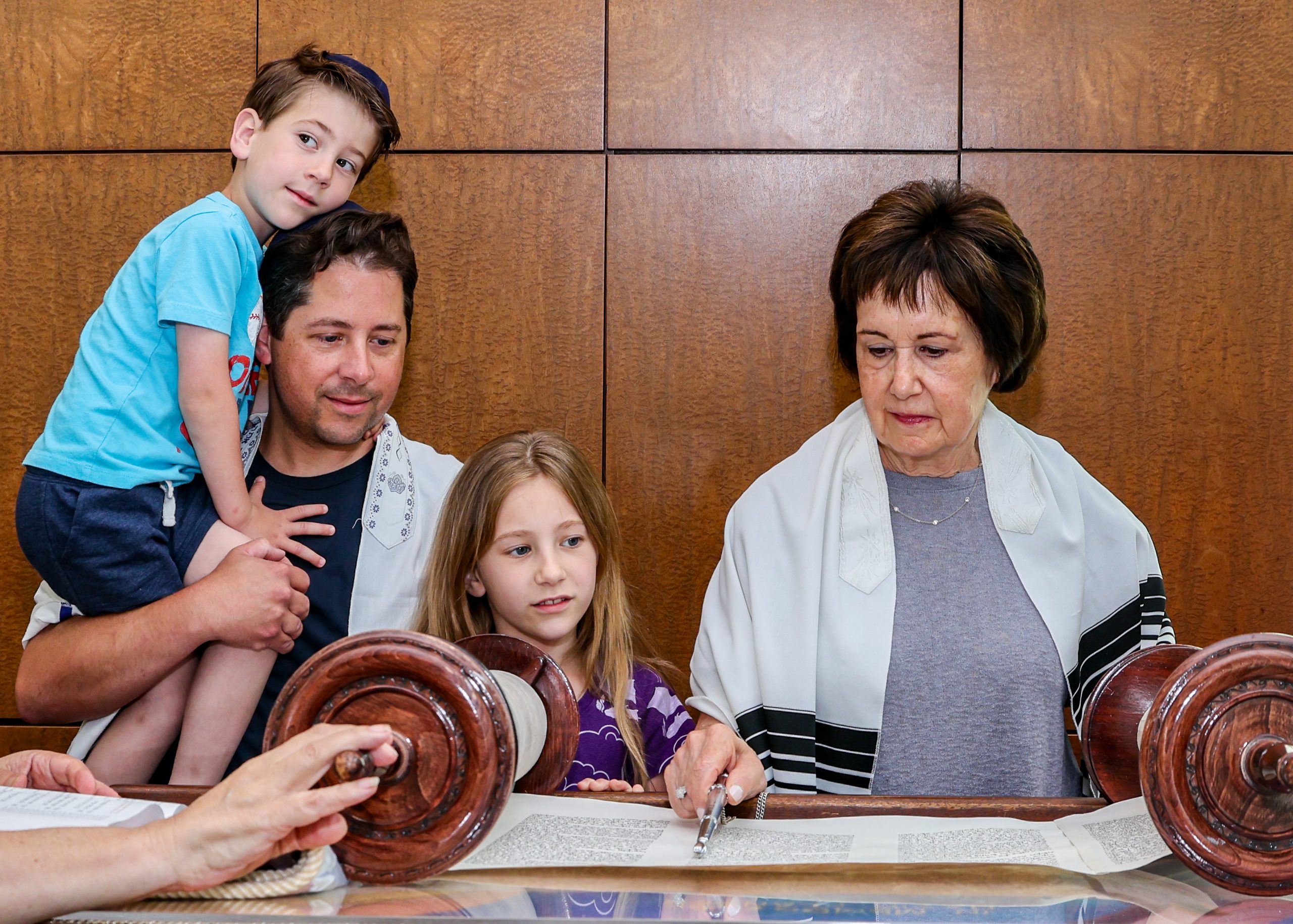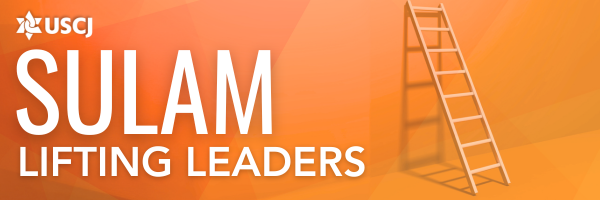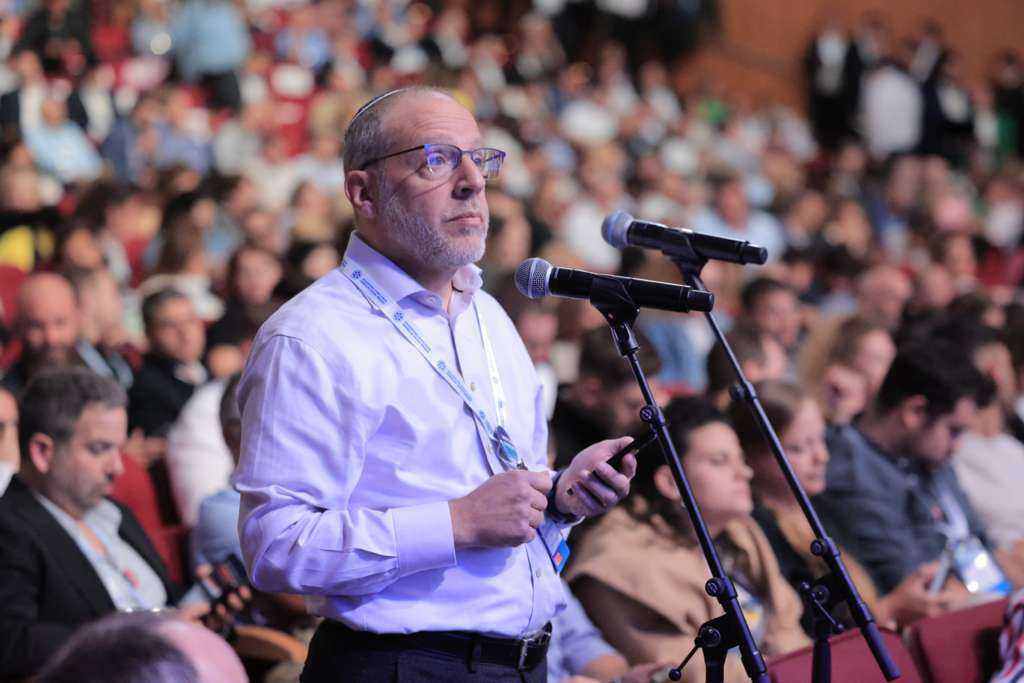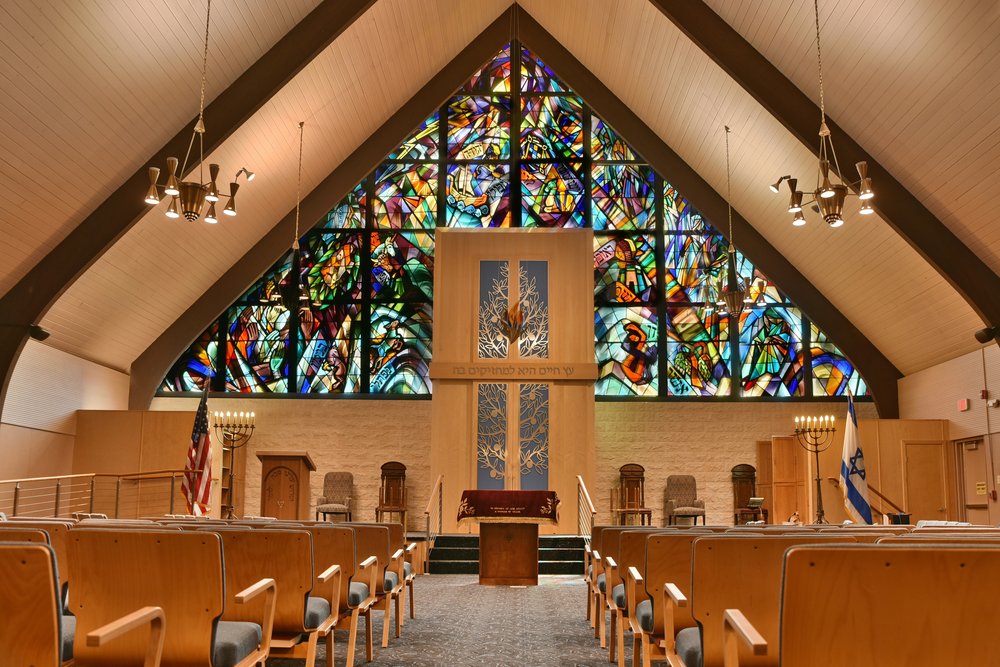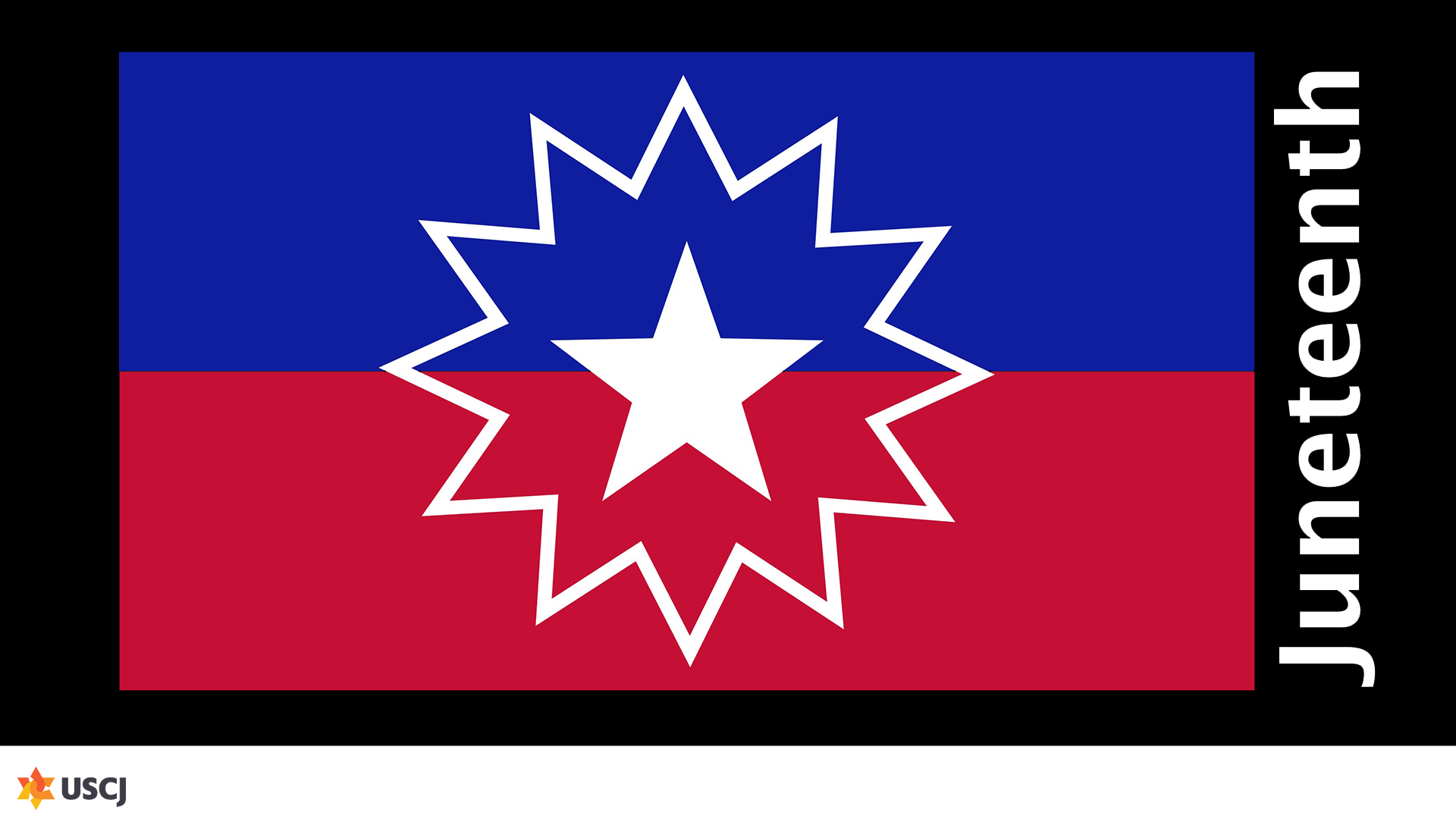
USCJ Juneteenth 2022/5782 is a program run by and for Jewish Black Americans and those who wish to join in educational, informative, and commemorative celebration of the day that official news of the end of legal chattel slavery reached the last American state, Texas. This program centers on the voices of descendants of freed Texan slaves who are moving into sharing this deeply personal and formerly local celebration while also hearing from Black Americans whose personal celebration of Juneteenth is more recent.
As Jews, we have centuries of the yearly re-telling of the story of our freedom from enslavement and journey into peoplehood with the right to live, worship, and create families as we see fit. As Black Americans, celebrations of freedom from our enslavement often involve spiritual practice or ritual, and the celebration of Juneteenth that incorporates aspects reminiscent of the Passover Seder by Jewish Black Americans on individual or small community bases is not new. Bringing it into broader community spaces–even within Black Jewish communities and broader Jew of Color communities–is a newer phenomenon. This program endeavors to ensure the voices of those who made the transition from enslaved to free and the stories of their generations remain the central focus as this practice becomes more widespread and moves L’dor v’dor.
Juneteenth Materials
View all of the materials HERE.
A Conservative Juneteenth Haggadah, written by USCJ Board Member and rabbinical student Heather Miller with contributions from Juneteenth descendant and historian Sasha King and USCJ Racial Justice Specialist Gulienne Rollins-Rishon, available in pdf printable and e-book formats.
View the PDF HERE.
View the E-Book HERE.
A guide for creating your own Juneteenth Seder-in-a-box, with a list of ingredients and recommendations, and explanations for the meaning behind them all.
View the Juneteenth Seder Ingredients HERE.
An audio-visual “Ma Nishtana”, in the form of a pre-recorded panel discussion asking and answering questions about Juneteenth from an academic, anecdotal, and Jewish perspective.
View the Panel Discussion HERE.
Read Gulienne Rollins-Rishon’s reflections on Juneteenth HERE.

